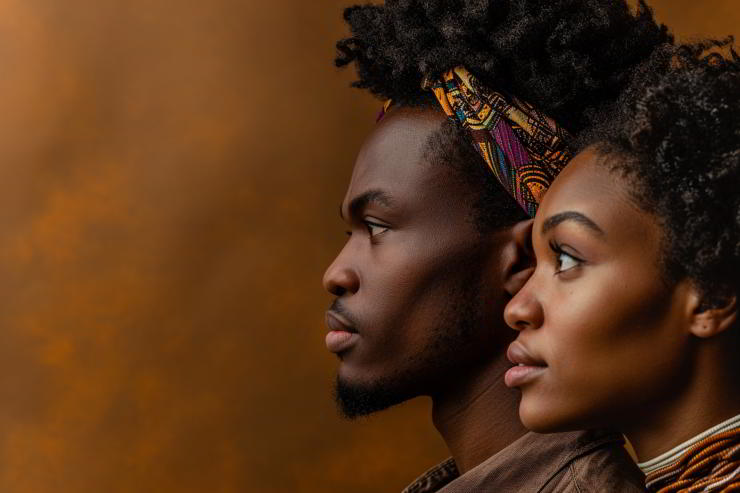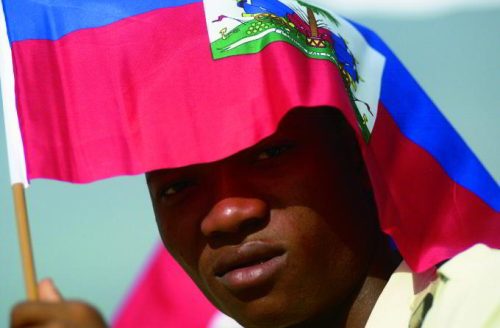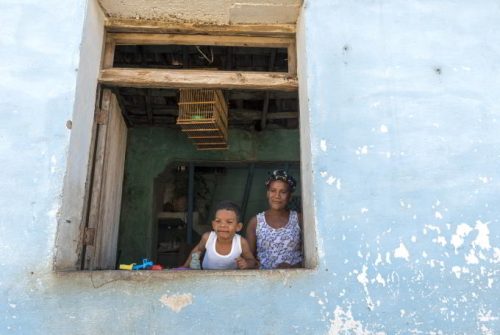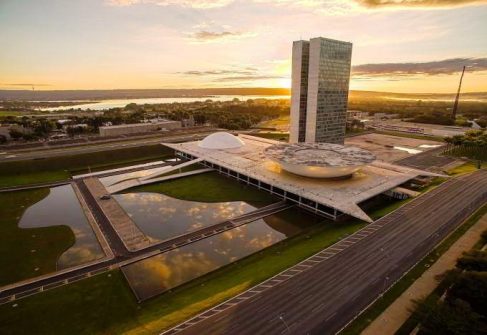Afro-descendants. Still a long way to go.

With December, the decade (2015-2024) dedicated by the United Nations to Afro-descendants ends. Little has been done. Injustice and poverty still have an Afro face.
Latin America and the Caribbean make up the most “biodiverse” region in the world. By biodiversity we mean not only flora and fauna but also ethnodiversity. The region’s multi-ethnic range includes a wide scale of mixed blood, including Asian, indigenous, African and European populations who, by interbreeding, have given rise to mestizos, mulattoes, morenos, cimarrones, raizales and sambis.
The total population is 652 million people, distributed in 33 countries integrated into the Community of Latin American and Caribbean States (CELAC). Blacks and mulattos belong to the group of Afro-descendants. According to studies by the United Nations Economic Commission, there are approximately 134 million people in Latin America and the Caribbean who self-identify as Afro-descendants, including blacks and mulattos. This is therefore approximately 21% of the total population
of the entire region.

In Haiti, about 95.5% are Afro-descendants. File swm
The percentages differ from country to country. In Haiti, for example, they reach 95.5%, in Brazil 49%, in the Dominican Republic 44%, in Panama 22%; in Costa Rica and Venezuela 20%; in Colombia 15%; in Uruguay 10% and in Ecuador 7%.
According to the statistics of Slave Voyages, between 1501 and 1866, 12.5 million Africans were imprisoned and shipped to be sold as slaves in the Americas. It is estimated that 2.5 million died during the transatlantic voyages. The survivors reached 5 million in Brazil, 4 million in the Caribbean, and a million and a half in Hispanic America.
Despite the end of colonialism and the formal abolition of slavery, Afro-descendant populations continue to suffer serious injustices and ethnic-racial exclusion. Citizens are often considered second-class as indigenous populations.According to the Economic Commission for Latin America and the Caribbean (ECLAC), the socioeconomic panorama of these areas of the world offered, in 2023, a worrying picture of how regional poverty still had a predominantly gender (women) and ethnic (indigenous and Afro-descendant) face.

Cuba. Trinidad. Mother and son looking out of the window. A wide gap between rural and urban poverty. Shutterstock/nesrin ozdemir
Female poverty is widespread throughout the region (relative poverty at 24%, absolute poverty at 7%); while male poverty is at 20.3% and 5.6% respectively. There is also a wide gap between rural and urban areas: in the former, relative poverty reaches 41%, and absolute poverty 20%.
In the urban area, however, it is 26% and 9% respectively. Also worrying are the data from the Pan American Health Organization (PAHO), according to which limited access to healthcare for indigenous and Afro-descendant people persists. The study The Health of the Afro-descendant Population in Latin America (Ops 2022) reveals that in 80% of the 18 countries observed, Afro-descendants suffer serious disadvantages in terms of poverty, unemployment, maternal and child health, access to decent housing and drinking water. In Ecuador, the maternal mortality rate among Afro-descendant women is 3 times higher than the average. In Colombia, this rate is approximately 2 times higher and in Brazil, 36% higher.

Brazil. National Congress in Brasilia. In several countries, this is a constitutional recognition of Afro-descendant communities, CC BY-SA 4.0/Joe Espindola
Something different happens in politics: in several countries, fixed quotas of representation are allotted to the different legislative bodies, with a sort of positive discrimination aimed at reducing historical exclusion. For example, in Colombia, article 176 of the 1991 Constitution provides for a special constituency for Afro-descendants with 2 seats in the House of Representatives and one for the raizales of the Archipelago of San Andrés and Providencia.
Since the late 1980s, there has been a kind of constitutional revolution, what some jurists call the new Latin American constitutionalism. This is a constitutional recognition of Afro-descendant communities, which recognizes and protects not only their cultural heritage but also guarantees specific political quotas of exclusive representation, territorial jurisdictions and their justice for the protection of their ancestral traditions. Bolivia, Brazil, Venezuela, Colombia, Ecuador, Nicaragua, and others declared themselves constitutionally plurinational and pluricultural. SouthWorld Magazine delves into the situation of the last three countries. (Photo. 123rf)
J.A.T & D.R.



